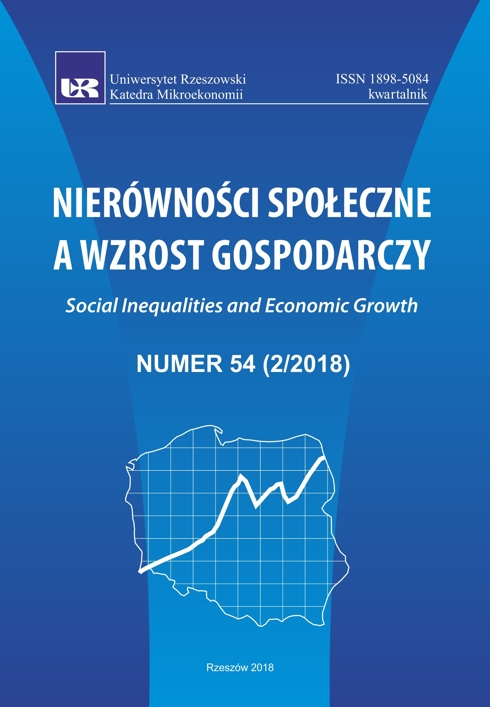Polityka podatkowa państwa a nierówności społeczne
Tax policy of the state and the problem of social inequality
Author(s): Piotr WiatrowskiSubject(s): Economy
Published by: Wydawnictwo Uniwersytetu Rzeszowskiego
Keywords: social inequality; democracy; state; tax policy
Summary/Abstract: The main duty of the state is to to equalise life opportunities for different social groups. It is ofgreat importance as Article 20 of Polish Constitution establishes the economic order of the Republic ofPoland described as the social market economy. Activities undertaken on the market are to be controlledand the obligation of the state is to conduct tax with the purpose to equalize excessive inequalityby means of redistribution of national income. It is also based on the social justice principle (Article2 of Polish Constitution). Unfortunately, Polish tax system is degressive and the rich pay proportionatelylower taxes in relation to the poorer citizens. Income stratification after taxation is higher thanbefore it and redistribution takes place from the poor towards the rich. On the international scale eightrichest people dispose of the same amount of assets as the half of the population. Social inequality maybe equalized by means of progressing of income taxes. Unfortunately, the state redistribution seemsto be ineffective due to globalization of financial markets, escape of capital to tax havens. This resultsin middle class pauperization and the states are incapable to cover rising budget deficits due to taxoptimization activities. T. Piketty is of the opinion that the right solution to eliminate social inequalityshould be based on introduction of global, progressive tax on individual property by means of speciallyestablished democratic institutions with global competences.
Journal: Nierówności Społeczne a Wzrost Gospodarczy
- Issue Year: 2018
- Issue No: 54
- Page Range: 76-86
- Page Count: 11
- Language: Polish

